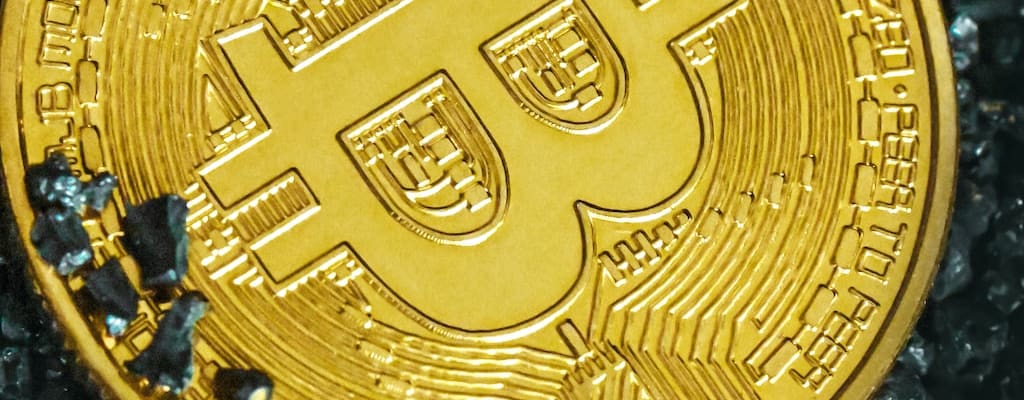sticker shock: Idiom Meaning and Origin
What does ‘sticker shock’ mean?
Sticker shock: a feeling of surprise or shock caused by the unexpectedly high price or cost of something.

Idiom Explorer
The idiom "take aback" means to surprise or shock someone, causing them to be speechless or momentarily unable to react.
When someone's jaw drops, it means they are extremely surprised or shocked by something they have just heard or seen.
The idiom "shock to the system" refers to a sudden and profound change or event that has a strong impact on someone or something, often causing a sense of surprise or disorientation.
The idiom "say that" is used to express surprise or disbelief when someone makes a statement that is unexpected or hard to believe.
The idiom "quelle surprise" is a sarcastic remark used to express a lack of surprise or to mock something that is expected or predictable.
The idiom "on stun" means to be surprised or shocked by something. It is often used to emphasize the level of surprise or shock.
Unveiling the Unforeseen
Sticker shock is an idiom commonly used in the United States to describe the feeling of surprise or shock one experiences when seeing a high price for a product or service. The term originated in the mid-20th century and has since become a popular expression in American vernacular.
The phrase itself is made up of two words, "sticker" and "shock." "Sticker" refers to the small label or price tag on products, while "shock" represents the sudden and intense emotional reaction. When combined, these words vividly illustrate the immediate and often unpleasant surprise one feels upon discovering the cost of an item.
Sticker shock is commonly associated with situations where the price exceeds one's expectations or previous experiences. It is often used to describe expensive purchases, such as cars, houses, or medical bills, where the cost is significantly higher than anticipated. The idiom captures the sense of disbelief and discomfort that arises when faced with an unexpectedly high price, highlighting the contrast between assumptions and reality.
This idiom has found its way into various contexts and discussions, from everyday conversations to formal business settings. In consumer psychology, sticker shock is recognized as an important factor that influences purchasing decisions, as the initial shock of a high price can deter potential buyers. Advertisers and marketers often employ strategies to mitigate sticker shock, such as emphasizing the value or benefits of a product to justify its price or offering installment plans to make the cost more manageable.
Sticker shock is often related to the idiom "on stun." When someone experiences sticker shock, it can feel as if they have been hit "on stun" due to the sudden and intense emotional reaction to the high price. The element of surprise is a key component of sticker shock, and the idiom "on stun" captures this element of surprise.
Despite its widespread usage, sticker shock remains firmly rooted in American English. While it may be understood in other English-speaking countries, its usage is less prevalent. This idiom reflects a cultural and economic phenomenon specific to the United States, where the market offers a wide range of products and services with varying price tags. In a country characterized by consumerism and capitalism, the concept of sticker shock serves as a reminder that monetary value can sometimes exceed expectations, causing a jarring emotional reaction.
Sticker shock is also closely related to the idiom "element of surprise." The unexpected and often shocking nature of high prices is what gives sticker shock its power. The element of surprise is a key aspect of sticker shock, as it is the sudden and intense emotional reaction to the high price that makes the experience memorable and impactful.
Although sticker shock is firmly established in contemporary American English, its continued usage and significance in the future remains uncertain. As trends in consumerism and economics evolve, so too may the prominence of this idiom. Nevertheless, the enduring presence of sticker shock in conversations, popular media, and everyday life attests to its lasting impact on American language and culture.
Example usage
Examples of how the idiom "sticker shock" can be used in a sentence:
- When I saw the price of the new iPhone, I experienced sticker shock.
- She couldn't believe the cost of the designer handbag, and it gave her sticker shock.
- The couple had sticker shock when they received the bill for their fancy dinner at the Michelin-starred restaurant.
More "Finance" idioms



